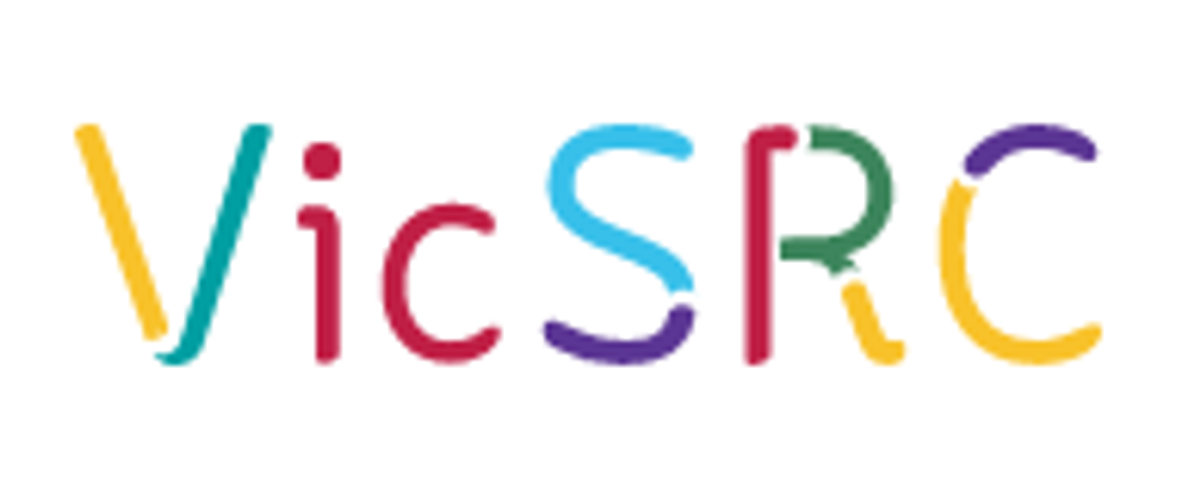Student Wellbeing
Student Wellbeing encompasses the following areas: Student Engagement, Student Connectedness, Classroom Climates, Inclusion and Prevention to Intervention

Student Wellbeing
Student Wellbeing encompasses the following areas: Student Engagement, Student Connectedness, Classroom Climates, Inclusion and Prevention to Intervention


Most schools in Victoria have some sort of student organisation to represent and work on behalf of students. They operate under many different names, including SRCs, student forums, student councils, student leadership councils (SLCs), student voice ... the list goes on. In each case, they are made up of a group of students who represent student views within the school.
In this resource, written to provide information and ideas for these groups and the teachers who advise and support them, the name student representative council (SRC) will be used. This emphasises that the basic purpose of these groups is to represent the interests and needs of students within the school.
There are several reasons for having an SRC, and they all have to do with students’ participation in what happens within the school and its community.
Firstly, better decisions are made within a school (and elsewhere) if everyone who is affected by those decisions is involved in making them in some way. Students know things that others (teachers, parents, administrators) often don’t – just as teachers and others know things that students may not. Having this knowledge available in the decision-making process will result in a wiser decision. And because students have been involved, it’s more likely that the actions based on the decisions will be more effectively implemented.
Secondly, research has shown that student learning and school results are improved in schools where students are actively represented in decision- making. In particular, students’ learning about being an active and informed citizen is improved when opportunities are made available for students to experience active citizenship within the school.
Thirdly, schools in which there is active participation by students, through SRCs and other means, are generally happier and safer places, with better relationships between all members of the school community.
Finally, it’s recognised internationally that young people have a right to be consulted and to have their voices heard about decisions that affect them. This is stated in the United Nations’ Convention on the Rights of the Child (CROC) and Australia has signed up to this convention.
‘The role of the SRC is to be the voice of the students, find out what students think, help make the school a better place for everyone, have an impact on decision-making in the school, including on teaching and learning and student behaviour.’ (SRC)
Excerpt taken from SRC Resource Kit
Department of Education and Early Childhood Development webv2
Visit vicSRC website for more information.